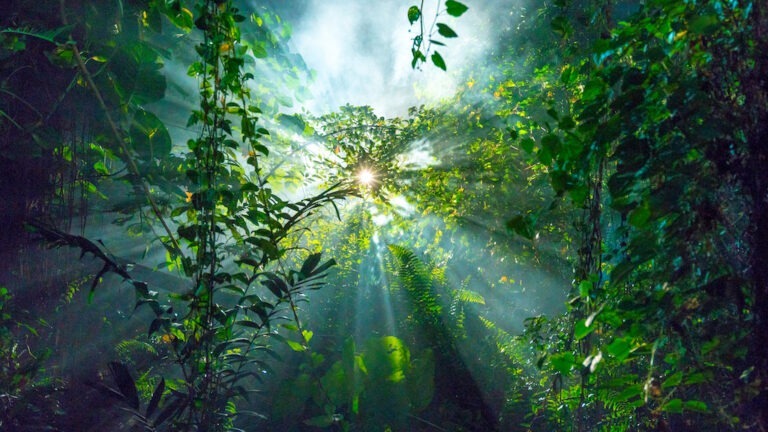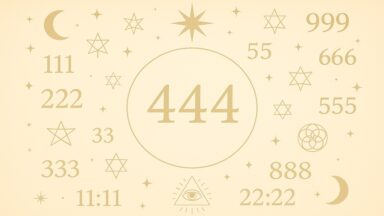Scientists Propose Idea of Planetary Intelligence

Can planets possess their own intelligence? That’s what University of Rochester astrophysicist Adam Frank and his colleagues, have proposed in a paper published in the International Journal of Astrobiology.
They pulled ideas from the Gaia Hypothesis — that all living organisms on Earth interact with inorganic organisms to regulate the conditions necessary for life, making the planet a self-regulating organism.
They looked at how, “[T]he appearance of technological intelligence may represent a kind of planetary-scale transition, and thus might be seen not as something which happens on a planet but to a planet”
They argue that to understand the evolution of life, we must study the planet as a whole instead of individual species. Their definition of planetary intelligence is “the acquisition and application of collective knowledge, operating at a planetary scale, which is integrated into the function of coupled planetary systems.”
Consider photosynthesis: for the first two billion years, Earth’s atmosphere was mainly molecular nitrogen, carbon dioxide, and some oxygen. The evolution of photosynthesis by bacteria lead to the “great oxygenation event” about two and a half billion years ago.
The planet itself was changed by bacteria and plants, creating oxygen and making the atmosphere habitable for life. As more life grew, there became complex systems —a feedback loop that grew more life, eventually leading to the Earth we know today. So how can we use this knowledge?
The researchers say we can use the concept of planetary intelligence to study Earth and exoplanets, our current geological age, the future of human sustainability, and the search for extraterrestrial intelligence. The researchers say there are four stages of planetary evolution:
Stage 1 – Immature biosphere: Earth before it developed its biosphere.
Stage 2 – Mature biosphere: The period from 2.5 billion to 540 million years ago, characterized by continents, vegetation and photosynthesis, and an ozone layer developing.
Stage 3 – Immature technosphere: Where we are now.
Stage 4 – Mature technosphere: This is the hope for the future where human technology works with the natural biosphere, not against it.
By studying where we came from in terms of the planet working as an intelligent being that has evolved to grow life, we can figure out how to fix problems we are facing, in order to have a more sustainable planet in the future.
As Frank told SciTechDaily, “The biosphere figured out how to host life by itself billions of years ago by creating systems for moving around nitrogen and transporting carbon. Now we have to figure out how to have the same kind of self-maintaining characteristics with the technosphere.”
The researchers added that understanding the Earth’s evolution of planetary intelligence could help in the search for extraterrestrial intelligence. It stands to reason that if it worked for earth this would work on other planets. Frank argues the search for techno-signatures from other planets could be the way to find intelligent life, telling SciTechDaily, “…the only technological civilizations we may ever see—the ones we should expect to see—are the ones that didn’t kill themselves, meaning they must have reached the stage of a true planetary intelligence.”
The 37th Parallel – A Line of Mystery and Significance

The 37th parallel is a circle of latitude that runs around the Earth at 37 degrees north or south of the equator. While it may seem like just another line on a map, the 37th parallel has gained an unusual reputation over the years.
Not only does it serve as a border between U.S. states, but it is also considered “America’s Paranormal Highway“—a hotspot for UFO sightings, cattle mutilations, and other unexplained phenomena. Additionally, the 37th parallel north plays a role in human health, geological activity, and historical significance.
This article explores the geographical location of the 37th parallel, its paranormal history, and other ways this latitude has left its mark on science and culture.



































